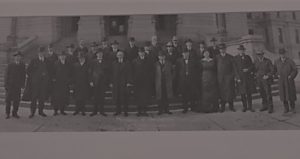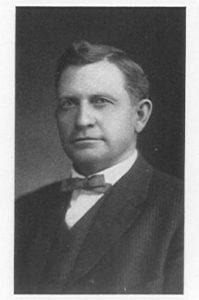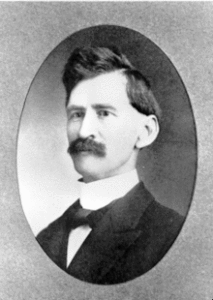by Bethanie Pack
Sometimes a seemingly quick fix in a bill, such as changing just a few words or extending a repeal date, results in a draft that was longer than anticipated with more changes than originally asked for.
Why?
Under the Revisor of Statutes’ authority granted in sections 2-2-802 and 2-5-103 C.R.S., the Office of Legislative Legal Services (OLLS) makes several on-going, non-substantive changes to modernize, maintain consistency, and improve the readability of the statutes. Drafters add these changes to bills prospectively, as the opportunity arises, rather than making a global revision change in the database, because making all these changes at once would 1) introduce a lot of opportunity for error; 2) potentially and unintentionally change the law substantively in some scenarios; and 3) take a ton of additional time to proofread the accuracy of all of the changes.
Some examples of these additional non-substantive changes a legislator may see in a bill include:
Short Titles and Standardized Language
This article shall be known and may be cited as The short title of this article 30 is the “Limited Gaming Act of 1991”.
Prior to Before its repeal, the department of regulatory agencies shall review the licensing functions of the secretary of state are scheduled for review in accordance with…
Formatting of Internal References
…the provisions of this article article 30.
…described in paragraph (a) of this subsection (1) subsection (1)(a) of this section as the…
Removing “C.R.S.” from a Section Number
…the provisions of section 24-5-101; C.R.S.;
“Which” to “That”
…the administration of similar laws which that may be in effect in other states or countries;
“Such” to “The”
…upon such the sheriff’s or peace officer’s request…
Gender Neutralization
…in the performance of his or her duties…
“Moneys” to “Money”
…shall invest the moneys money in the…
Mental retardation Intellectual and developmental disabilities theory and rehabilitation…
…being a common drunkard person with an alcohol use disorder…
One might think that some of these changes are simple enough to just “find and replace” them all in the statutes. Two clicks and done. Right?
Unfortunately, it’s not that simple or easy.
A change may seem straightforward at first, such as gender neutralizing, where the drafter or the Revisor could just add “or she” to every place in the statutes where it says “he”. But, since the intent of these changes is to modernize and improve readability, it may be better to clarify the actor rather than just add “or she” to the statute. “He shall authorize…” becomes “The commissioner shall authorize…” rather than “He or she shall authorize…”. This obviously requires interpretation that a computer simply cannot do.
Because of this and the statutory directive to write in “plain, nontechnical language and in a clear and coherent manner using words with common and everyday meaning which are understandable to the average reader,” section 2-2-801 C.R.S., the OLLS continuously updates and modernizes the laws as they are amended for substantive purposes, which results in unanticipated additional changes in a bill.
Under most circumstances, the OLLS makes these changes in a bill as the opportunity arises. However, these changes cannot be made in uniform laws or compacts or when it would conflict with federal law.
So, with each extra, unanticipated change in a bill, the general assembly is doing its part in the slow but steady process of bringing the 20,000+ pages of statutes into the 21st century.





